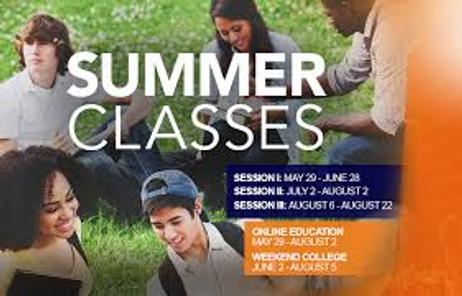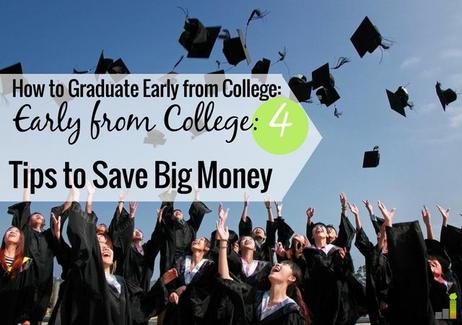What are Ethics Business Courses?
Courses in business ethics are relatively new options, but they are certainly growing in relevance. As the Business Network explains, "Business ethics consists of a set of moral principles and values that govern the organization's behavior with respect to what is right and what is wrong."
Specifically, business ethics courses outline any company's moral philosophies and obligations. Business ethics classes often explore topics such as:
- Evaluation of prohibited actions in the workplace
- Legal frameworks on which an organization may be governed
- Evaluation of the most common pillars of ethics. For example, evaluation of ethical philosophies such as deontologism, relativism, egoism, and utilitarianism (although these pillars of focus may vary for each course)
- Examination of ethical violations in various business organizations (often based on hypothetical cases, historical occurrences, etc.)
This video explains business ethics.
Benefits of an Ethics Business Course
While many community colleges offer business ethics courses, North Seattle Community College (NSCC), located in Washington, has been pioneering its curriculum with practical, hands-on applications of business ethics.
NSCC has developed an innovative ethics course designed to "Explore the fundamental questions of ethical and moral behavior by both businesses and individuals." According to school leaders, the ethical actions of business should be tools that serve to manage personal and professional goals and accomplishments. Specifically, NSCC ethics business classes will explore real-world corporate issues such as:
- Fundamental questions of






















